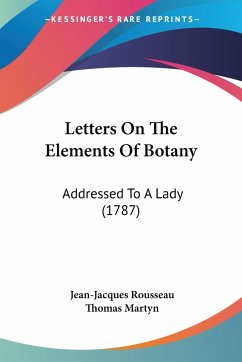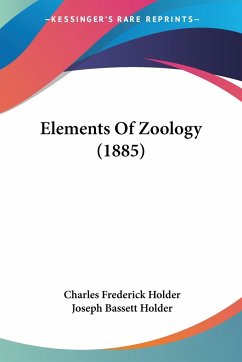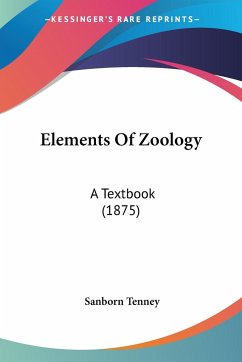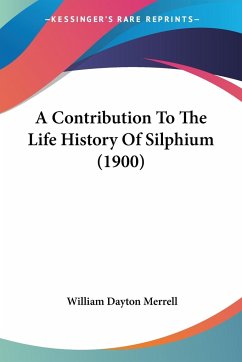
Letters On The Elements Of Botany
Addressed To A Lady (1787)
Versandkostenfrei!
Versandfertig in 1-2 Wochen
41,99 €
inkl. MwSt.

PAYBACK Punkte
21 °P sammeln!
Letters On The Elements Of Botany: Addressed To A Lady (1787) is a book written by the famous philosopher and writer, Jean-Jacques Rousseau. The book is a collection of letters that Rousseau wrote to a lady named Madame Delessert, in which he explains the basic principles of botany. The book is divided into four parts, each of which covers a different aspect of botany. In the first part, Rousseau discusses the structure of plants and their various parts, such as the root, stem, leaves, and flowers. He also explains the process of photosynthesis and how plants use sunlight to produce food.In th...
Letters On The Elements Of Botany: Addressed To A Lady (1787) is a book written by the famous philosopher and writer, Jean-Jacques Rousseau. The book is a collection of letters that Rousseau wrote to a lady named Madame Delessert, in which he explains the basic principles of botany. The book is divided into four parts, each of which covers a different aspect of botany. In the first part, Rousseau discusses the structure of plants and their various parts, such as the root, stem, leaves, and flowers. He also explains the process of photosynthesis and how plants use sunlight to produce food.In the second part of the book, Rousseau discusses the classification of plants and how they are grouped based on their characteristics. He explains the different types of plants, such as trees, shrubs, herbs, and grasses, and how they are classified based on their reproductive organs.In the third part of the book, Rousseau discusses the various uses of plants, such as for medicine, food, and clothing. He also explains the importance of plants in the ecosystem and how they play a vital role in maintaining the balance of nature.In the final part of the book, Rousseau discusses the cultivation of plants and how to grow them successfully. He provides advice on how to choose the right soil, how to water plants, and how to protect them from pests and diseases.Overall, Letters On The Elements Of Botany: Addressed To A Lady (1787) is an informative and engaging book that provides a comprehensive introduction to the world of botany. It is a must-read for anyone interested in plants and their role in the natural world.This scarce antiquarian book is a facsimile reprint of the old original and may contain some imperfections such as library marks and notations. Because we believe this work is culturally important, we have made it available as part of our commitment for protecting, preserving, and promoting the world's literature in affordable, high quality, modern editions, that are true to their original work.













